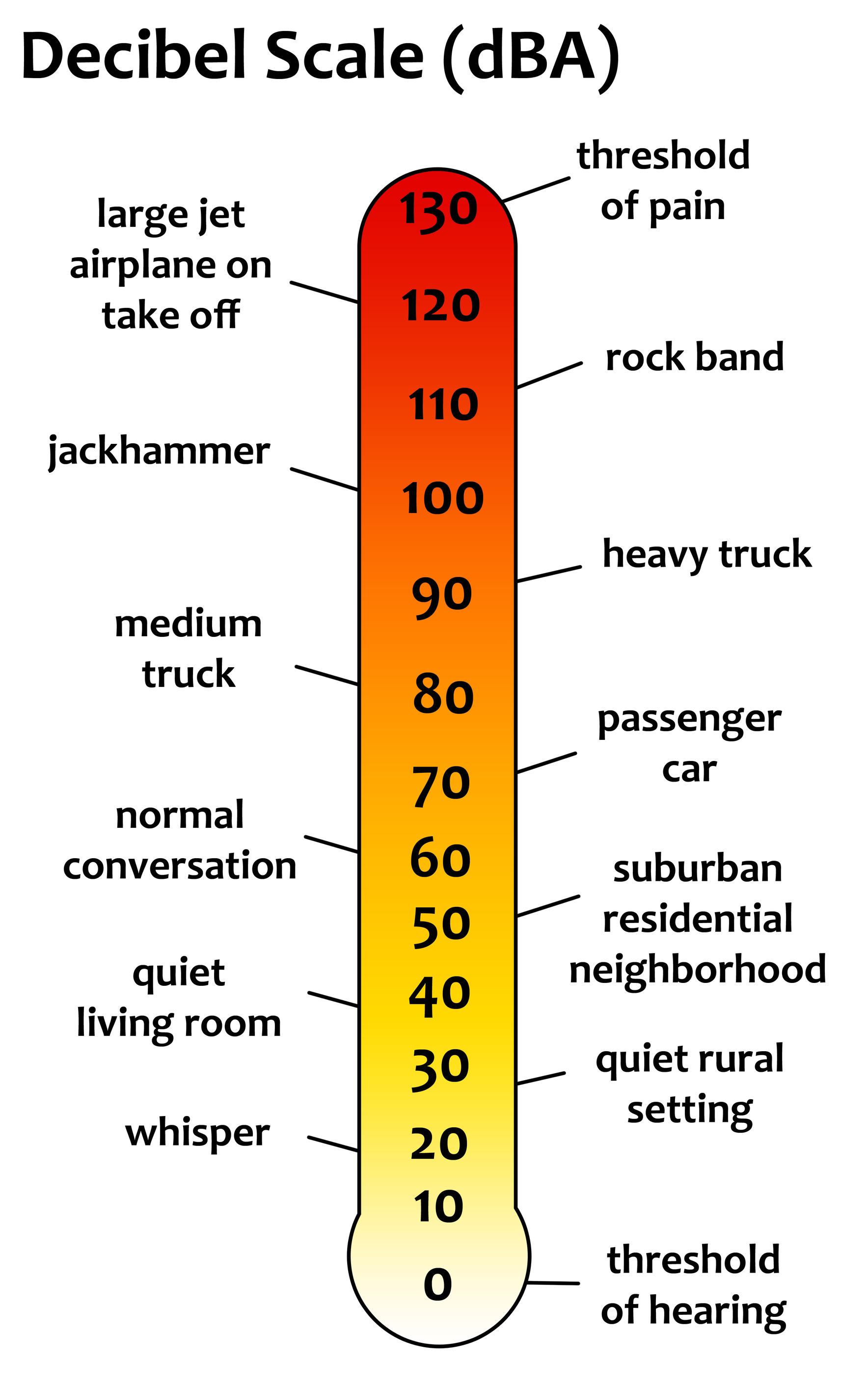
Previous research ( 3) has found that during the growth and development of premature infants, they often face a high risk of respiratory insufficiency, asphyxia, jaundice, and infection in the short term, while in the long term, they often face problems of neurodevelopmental dysfunction, learning disabilities, high rehospitalization rates, and growth and feeding difficulties. The increasingly serious environmental pollution, the commencement of the three-child policy, the increase in older pregnant women, and the impact of the novel coronavirus on pregnant women have caused the incidence of premature births in China to increase each year ( 2). The number of premature births in China ranks second in the world.
We can record heart sounds for mothers, so that they can participate in the care of premature infants in a unique way, which can stabilize the mood of infants, and reduce the discomfort that mothers cannot participate in the care of children.Īccording to the latest report of the World Health Organization (WHO), about 15 million premature babies are born worldwide every year, and the incidence of premature births is 5–18% and rising ( 1). What is the implication, and what should change now? This study found that the synthesis of the sound of mother’s heartbeat with white noise can effectively stabilize infants’ mood, promote their sleep. The sound of the mother’s heartbeat can stabilize heart rate and respiration of premature infants, reduce pain, and promote weight gain. The combination of the auditory stimulation of the mother’s heartbeat and white noise for premature infants in NICU can reduce the heart rate of premature infants, stabilize their mood, promote their sleep, increase the amount of milk consumption, and promote their physical development. Multiple stepwise regression analysis showed that the rate of weight gain in the intervention group was higher than that in the control group (P<0.05).Ĭonclusions: The combination of the auditory stimulation of the mother’s heartbeat and white noise for premature infants in NICU can effectively reduce the heart rate of premature infants, stabilize their mood, promote their sleep, increase the amount of milk consumption during hospitalization, increase the rate of weight gain, and promote their physical development. The average daily milk intake of the intervention group in the first and second weeks was higher than that in the control group (P<0.05). The intervention group’s weight was significantly higher than the control group’s on the 14th day after intervention (P<0.05), and the rate of weight gain was faster than that of the control group (P<0.05). Results: The heart rate and behavioral status scores of the intervention group during the intervention (10, 20 min) and 1 min after the intervention were significantly lower than 1 min before the intervention (P<0.05). The infants were divided into an intervention group (those given the mother’s heartbeat sound combined with white noise) and a control group (routine treatment and nursing) the heart rate, sleep state, weight and weight gain rate of the two groups were compared before and after the intervention. Methods: We retrospectively analyzed 121 premature infants admitted to the Newborn Department of Suzhou Kowloon Hospital from January 2019 to December 2021. This study aims to analyze the effects of the sound of the mother’s heartbeat combined with white noise on the heart rate, weight, and sleep status of premature infants in the NICU. 
The sound of the mother’s heartbeat and white noise can stabilize the heart rate and respiration of premature infants and alleviate pain.

It is not conducive to their recovery, growth, and development.

Policy of Dealing with Allegations of Research Misconductīackground: The neonate intensive care unit (NICU) is a high-stress environment can affect the hormone secretion, cardiopulmonary function, sleep/wake cycle, alertness, temperature regulation, and intellectual development of premature infants.Policy of Screening for Plagiarism Process.







 0 kommentar(er)
0 kommentar(er)
